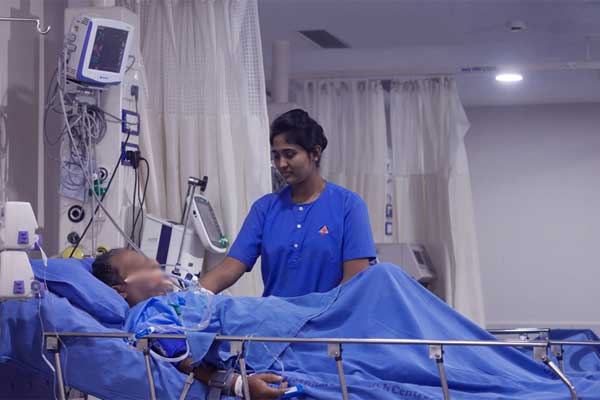

Critical Care Medicine is a branch of medical practice that focuses on the management of patients with life-threatening conditions that necessitate constant monitoring and specialized interventions. These patients are often admitted to intensive care units (ICUs) in hospitals, where a multidisciplinary team of healthcare professionals collaborates to provide comprehensive care.

Key Aspects of Critical Care Medicine:
Advanced Monitoring: Patients in critical care require continuous monitoring of vital signs, such as heart rate, blood pressure, oxygen saturation, and brain activity. Advanced monitoring technologies help healthcare teams detect changes and respond promptly to any deterioration in a patient’s condition.
Specialized Interventions: Critical care physicians are trained to perform a range of specialized medical procedures and interventions. These might include intubation and mechanical ventilation to support breathing, placement of central lines to administer medications, and various life-saving techniques to stabilize patients.
Personalized Treatment Plans: Each patient in critical care has unique medical needs. Critical care physicians work closely with other specialists, such as surgeons, cardiologists, and pulmonologists, to develop individualized treatment plans that address the underlying condition and complications.
Emergency Resuscitation: Critical Care Medicine specialists are well-versed in advanced resuscitation techniques. They are often called upon to lead resuscitation efforts during medical emergencies such as cardiac arrest.
Coordination of Care: Critical care teams facilitate communication and collaboration among various medical professionals involved in a patient’s care. This ensures that the patient’s treatment is well-coordinated and seamless.
Support for Families: Critical illnesses can be emotionally challenging for patients and their families. Critical care teams provide emotional support, education, and clear communication to help families understand the medical situation and make informed decisions.
Copyright © 2023, Khatri Nursing Home. All rights reserved. Powered by [GLS IT SOLUTIONS]